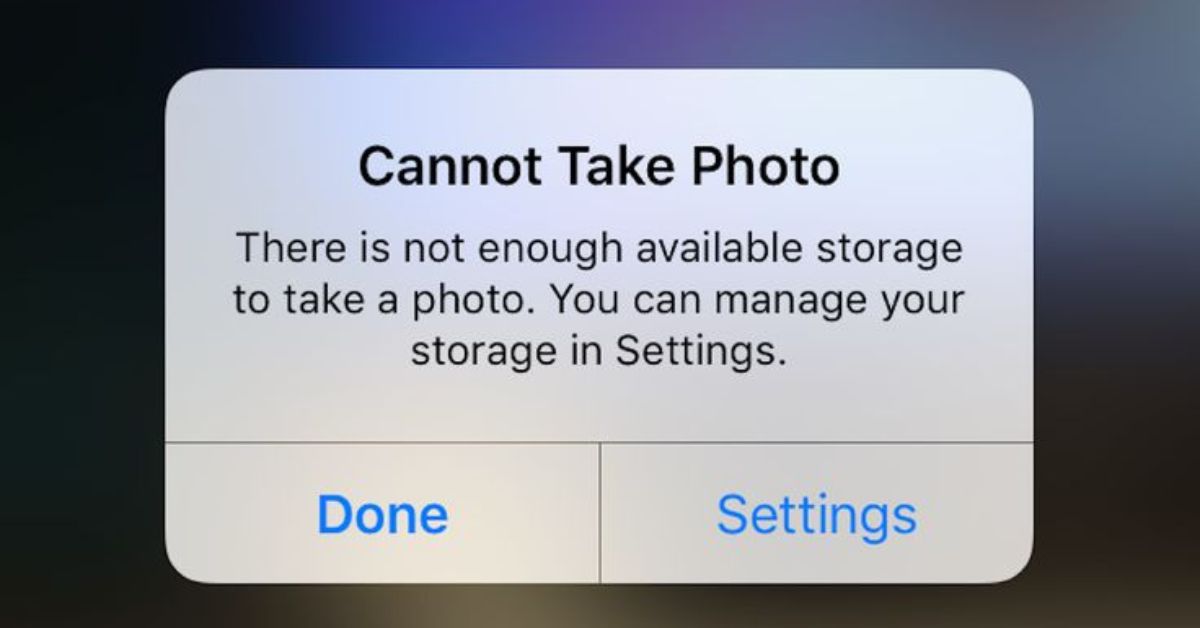On August 29, 2025, the Centers for Disease Control and Prevention (CDC) faced a leadership crisis when the Trump administration dismissed Director Susan Monarez, less than a month after her Senate confirmation on July 29. The firing, confirmed by White House spokesperson Kush Desai, followed Monarez’s refusal to endorse Health Secretary Robert F. Kennedy Jr.’s vaccine policy changes, which she and others deemed unscientific. Monarez’s legal team, led by attorneys Mark Zaid and Abbe Lowell, argued the dismissal was “legally deficient” as only President Trump could fire a Senate-confirmed appointee, asserting she remains director. The ousting triggered resignations from at least four senior CDC officials, including Chief Medical Officer Debra Houry and directors Daniel Jernigan, Demetre Daskalakis, and Jennifer Layden, who cited the “weaponization of public health” and misinformation concerns. Jim O’Neill, a biotech investor and Kennedy ally, was named acting director, raising fears about further politicization. Bipartisan lawmakers, including Senator Bernie Sanders, have called for investigations, warning of eroded public trust in science. Given the significant implications for public health and governance, this report analyzes the impacts across all specified categories.
Impact Analysis:
1. Impact on State / Local Governance
- Disrupted public health coordination: State and local health departments may face delays in federal guidance on outbreaks like the ongoing measles epidemic, with over 300 cases reported in West Texas, New Mexico, and Oklahoma, straining local resources.
- Increased local health responsibilities: With CDC leadership in disarray, states may need to independently manage vaccination campaigns and disease surveillance, potentially overwhelming underfunded health agencies.
2. Impact on National Governance & Politics
- Heightened partisan tensions: The firing and resignations have sparked bipartisan criticism, with Senators Sanders and Cassidy demanding oversight, potentially leading to congressional hearings that could deepen political divides over health policy.
- Challenges to federal health authority: Monarez’s legal challenge and accusations of politicization may prompt legislative efforts to strengthen protections for public health officials, altering the balance of executive and agency power.
3. Impact on Economy & Trade
Economic risks from health disruptions: Delayed responses to outbreaks, such as the 2025 measles epidemic, could lead to economic losses from increased healthcare costs and reduced workforce productivity, as seen in past pandemics costing billions.
Uncertainty in healthcare markets: The CDC’s instability could deter investment in vaccine development and public health infrastructure, with biotech firms facing uncertainty under O’Neill’s leadership, given his lack of public health experience.
4. Impact on International Relations
Strained health partnerships: Allies may hesitate to collaborate on initiatives like bird flu surveillance, given the CDC’s leadership crisis and perceived politicization, potentially isolating the U.S. in global health frameworks.
Weakened global health leadership: The CDC’s turmoil, coupled with Kennedy’s vaccine policy shifts, may reduce U.S. credibility in international health organizations like the WHO, impacting global disease control efforts.
5. Impact on People’s Daily Life & Society
Heightened health vulnerabilities: Leadership instability may delay critical interventions, such as updated COVID-19 vaccine recommendations, leaving vulnerable populations at greater risk during outbreaks.
Eroded trust in public health: The dismissal of Monarez and resignations over vaccine misinformation could exacerbate public skepticism, potentially reducing vaccination rates and increasing risks of preventable diseases like measles.
Latest Government Data / Stats
- CDC budget: The CDC’s 2025 budget is $9.7 billion, with proposed cuts of $3.6 billion for 2026, potentially limiting its capacity to respond to crises amid leadership changes.
- Measles outbreak: As of March 21, 2025, the CDC reported 312 measles cases and two deaths in West Texas, New Mexico, and Oklahoma, underscoring the need for stable leadership.
Largest Impact Area: People’s Daily Life & Society The largest impact is likely in people’s daily life and society due to the potential erosion of public trust and increased health risks from disrupted CDC operations. The firing of Monarez, who resisted unscientific vaccine policies, and the resignations of key officials like Houry and Daskalakis, who cited misinformation concerns, could deepen public skepticism about vaccines. This is particularly critical amid the 2025 measles outbreak, with 312 cases reported, as reduced vaccination rates could exacerbate outbreaks. The appointment of O’Neill, a biotech investor with no public health experience, may further undermine confidence in CDC guidance, directly affecting public compliance with health measures and increasing vulnerability to infectious diseases.
Conclusion:
The firing of CDC Director Susan Monarez and subsequent resignations signal a crisis in U.S. public health leadership, threatening trust and outbreak response capabilities. Swift action is needed to restore stability and protect public health.
Author
-

Tyler Grayson brings global events to your screen with clarity, depth, and context. With a background in political science and international relations, Tyler covers diplomacy, global conflicts, climate issues, and major policy shifts with a balanced, facts-first approach. His reporting connects the dots between headlines and their real-world impact.







